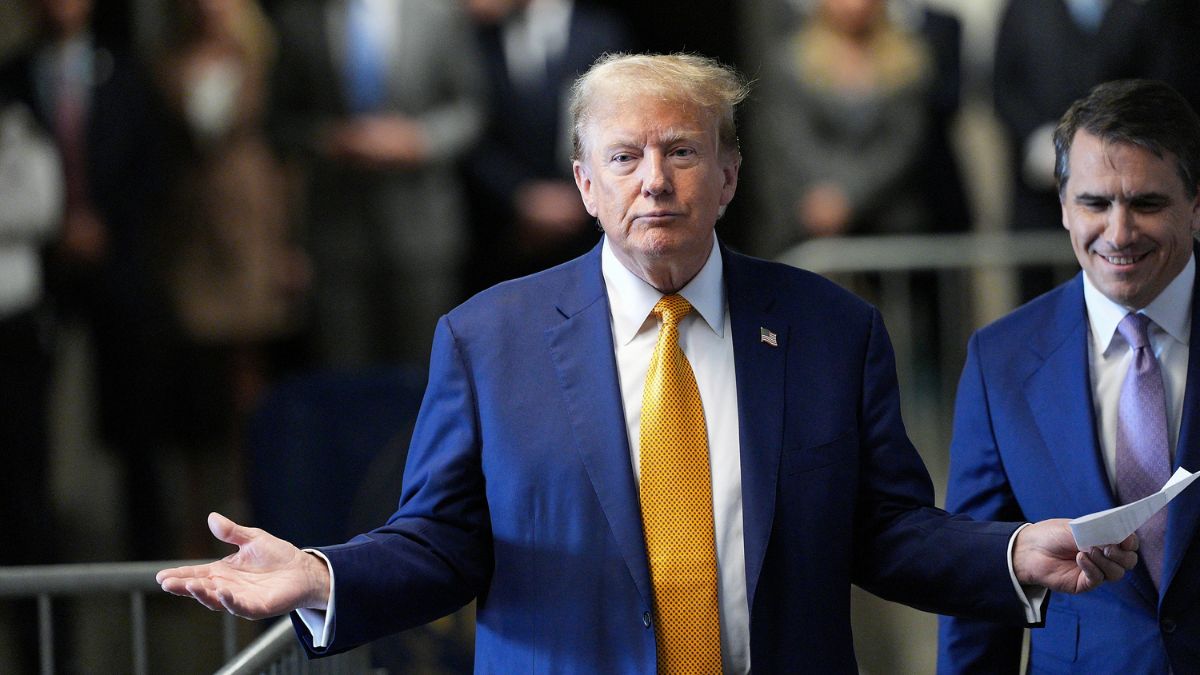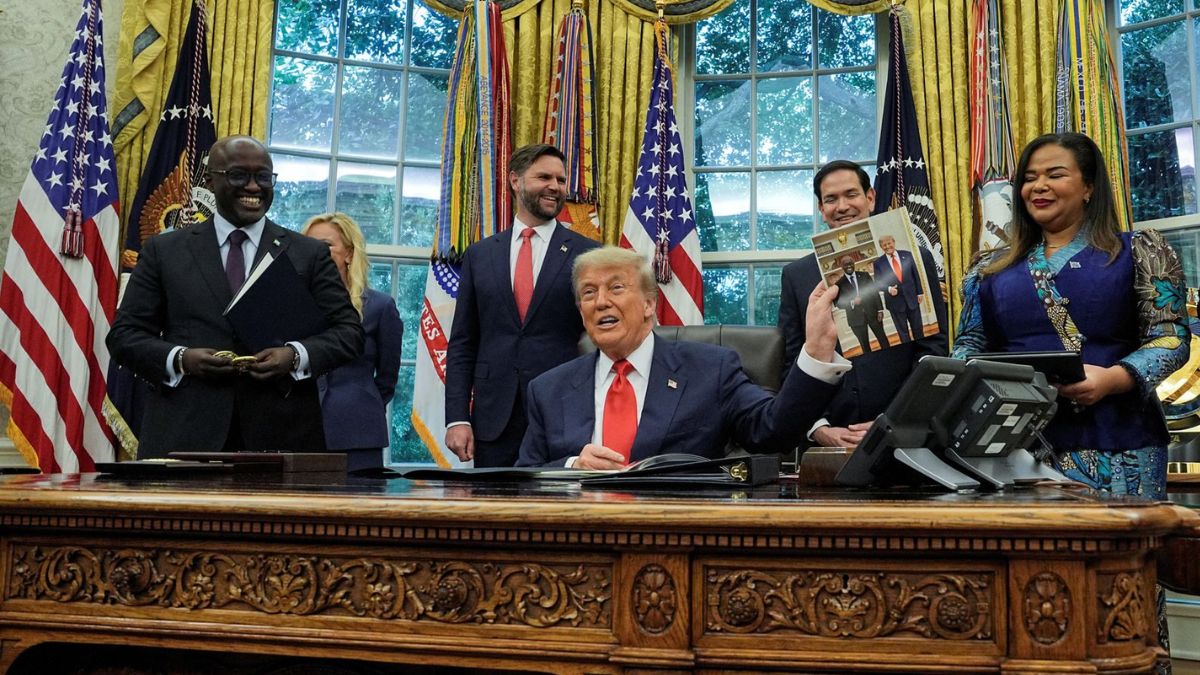US President Donald Trump’s crackdown on H-1B visas as part of his anti-immigrant agenda will not just harm immigrants. It will also have major consequences for the American economy. Here are five ways the crackdown will be a self-goal.
As part of US President Donald Trump’s anti-India campaign, his lieutenants have found their latest target: H-1B visas for Indians.
The H-1B visa is a visa scheme that allows American employers to employ foreign workers in the United States for specialised roles. The scheme is largely by technology companies like Amazon that employ thousands of Indian staffers. There is an annual cap on the number of H-1B visas.
For a long time, anti-immigrant voices in the United States, who are naturally aligned with Trump, have slammed the H-1B scheme as a means of taking away jobs from Americans and giving them away to foreigners. Finally, it appears that the White House is acting on these extremists’ longstanding wishes.
Commerce Secretary Howard Lutnick has said that he is involved in changing the H-1B programme. He agreed with the anchor in a Fox News show that the programme is a “scam” and called it “terrible”. He suggested the administration could do away with low-earning H1-B visa-holders.
“I am involved in changing the H1B program because that is terrible. We are going to change the green card. The average American makes $75,000 a year, and the average green card recipient $66,000. So, we are taking the bottom quartile. Why are we doing that? That’s what Donald Trump is going to change. That’s the gold card that’s coming. We are going to start picking the best people to come into the country,” Lutnick told Fox.
Here are five ways that the crackdown on H-1B visa could be
1. Talent and innovation shortfall
The ‘STEM’ ecosystem, referring to education and industry centred around science, technology, engineering, and mathematics, depends greatly on H-1B visa programme, particularly American tech giants like Amazon and Alphabet.
As is well-known, Indian students, scholars, and professionals, work in US science and tech companies in large companies and have driven those companies to great heights. For the United States, Indian students have been safer as well.
While there have been plenty of instances where Chinese or China-linked people have stolen trade secrets and passed on to China, such cases have been unheard of about Indians. However, while Trump has said he would welcome 600,000 Chinese students into the country, his officials have opposed H-1B visas for Indians.
2. Economic losses
Contrary to arguments against H-1B visa-holders and immigrants in general, they often contribute more to the economy than they take from the state.
Firstly, they keep some of the most critical companies running that employ so many people and make up the US economy.
Secondly, when they live and work in the United States, they pay all applicable taxes and fees, such as federal and state income taxes and any local taxes.
Thirdly, they contribute to the economy with their everyday purchase of consumer goods, their renting or purchase of housing, and a host of other activities in their personal time.
Loss of such tax-paying, jobs-generating immigrants would cause the United States economic losses.
3. Weaker global competitiveness
Indian workers in the United States add to the country’s talent pool and make it competitive in the world.
There are already signs that US rivals like China are capitalising on anti-immigrant sentiment and policies in the United States to attract talent. If the situation persists, the decadeslong practice of the United States attracting the best professionals in the world would come to an end they would flock to rivals like China.
Even traditional US partners like Canada, the United Kingdom, and Australia are courting such talent and there are signs that foreign student, scientists, and professionals are inclined towards these countries now instead of the United States.
4. Education Sector Disruptions
American universities that look forward to Indian students and faculty members, and already have them in large numbers, are bound to be affected. Their talent pool as well as revenue streams are set to be affected.
5. Fewer startups and fewer jobs
Legal Indian immigrants are very active in the American start-up ecosystem — just look at IIT Madras-graduate Aravind Srinivas who is the force behind the AI search engine start-up Perplexity. If H1-B visas for Indians are discouraged, Indians looking forward to working in American start-ups —or setting up their own start-ups— are bound to be discouraged as well and are bound to look elsewhere. That would be a self-goal as that would hurt Americans in the global tech race.
End of Article

)
)
